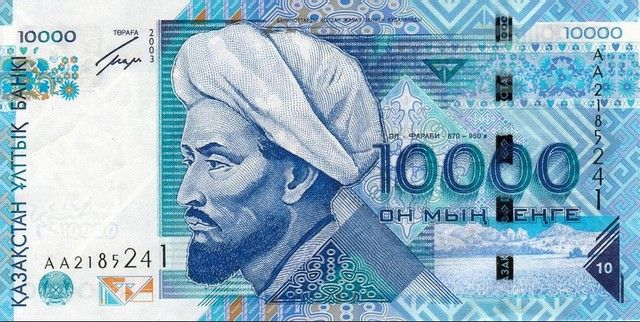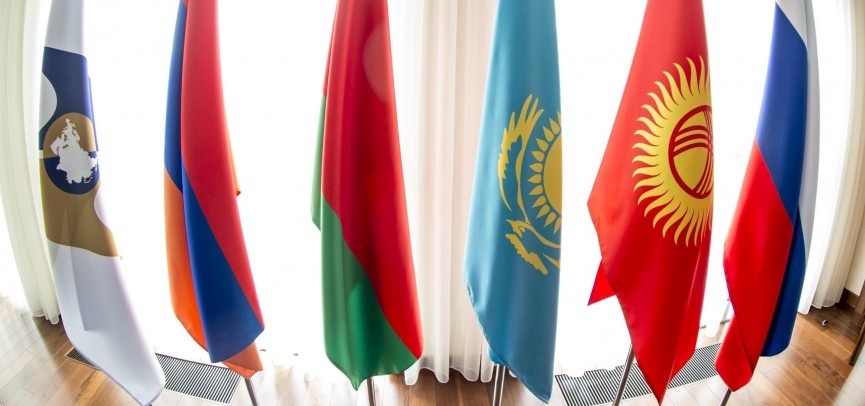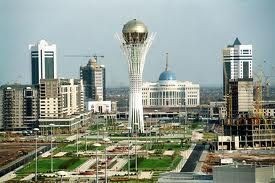Anti-Russia sanctions torpedo Kazakhstan’s currency
ASTANA (TCA) — The interdependency of Russia’s and Kazakhstan’s economies has caused the Kazakh tenge’s drop following the recent fall of the Russian ruble. We are republishing this article on the issue, written by Almaz Kumenov, originally published by Eurasianet: The woes of the Russian ruble have infected Kazakhstan, causing a tumble in the value of the tenge too. Authorities have sought to reassure the public, but to little avail. The tenge has dropped more than one-tenth in value against the dollar since the start of the summer. The rate of devaluation sped up in recent days. This has been accompanied by a surge in local demand for the greenback. According to the Rating.kz monitoring agency, the volume of dollars purchased at exchange bureaus in June was 2.4 times greater than in the previous month. On August 13, the National Bank announced that the fall of the tenge had been caused by geopolitical factors — namely, the latest round of US sanctions against a range of countries, including Russia, China and Turkey. The regulator said that if the need arises, it will intervene to restore some stability to the currency. This latest round of Russia sanctions approved earlier this month, which takes effect on August 22, takes aim at some key sectors, notably banking. The immediate effect was cause the ruble to fall to levels unseen for several years. Such is the level of interdependency between Russia and Kazakhstan’s economies that the tenge immediately followed suit. Astana is trying to make reassuring noises. National Economy Minister Timur Suleimenov said on August 16 that the United States had promised, as it readied the latest anti-Russian sanctions, that it would consider Kazakhstan’s economic interests. The tenge has had a bad decade. It has endured a string of sharp cataclysmic devaluations — in 2009, 2014 and 2015 — and every such event has led to knock-on rises in prices for retail goods.






